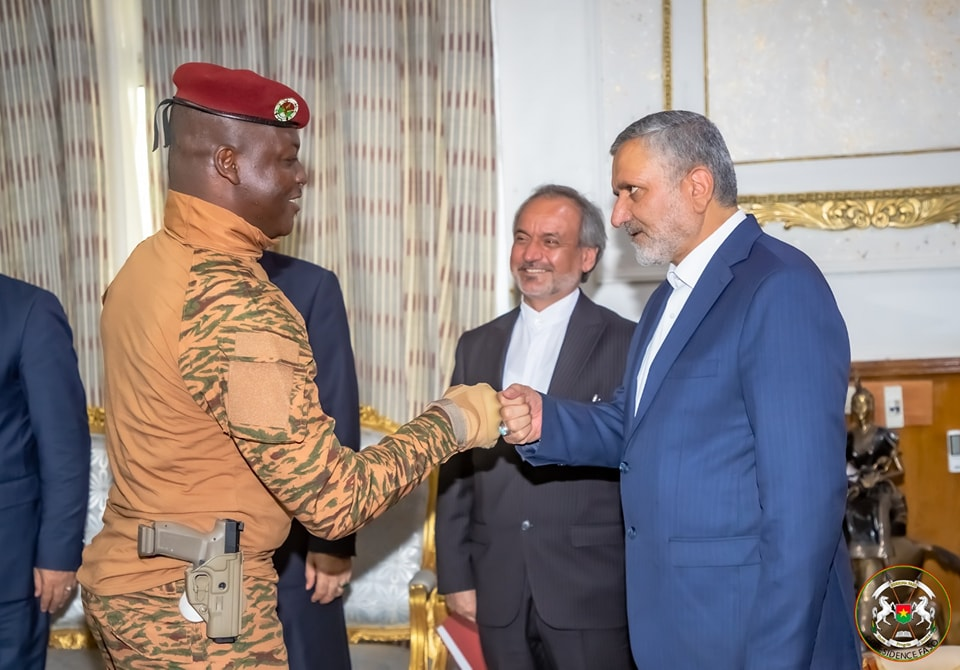The people of Burkina Faso have known leaders such as Maurice Yameogo, Sangoulé Laminezana, Sayé zerbo, Jean-Baptiste Ouedraogo. And especially a certain Thomas Sankara, who died 36 years ago. Murder. The latter has left indelible memories in the collective conscience of this nation. By his state of mind, his positions, his ambitions and plans for his country at the time.
Burkina Faso has been living for 12 months under the age of Captain Ibrahim Traoré, 35. The first is unique. Incomparable to the second. In every way. However, the two leaders have similarities; they are both very young in power. They are revolutionary in mind, by the actions and their respective visions.
Since his gunbedhold power on 30 September 2022, Captain Ibrahim Traoré, outside his foreign political, economic, and diplomatic allies, has had strong support that legitimizes his state power; the people of Burkina Faso. Do Burkinabés see him as the political messiah they were waiting for? There is a clear impression that the young captain embodies, to perfection, the model of political leader to whom this people aspired. Although jihadist violence had resulted in 17,000 deaths and displaced two (2) million internally displaced persons, there was a feeling that the overwhelming majority of the people of Burkina Faso placed their full confidence in Ibrahim Traoré and his government in their ability to better combat the jihadists.
The proof, when the authorities suffered another attempted military coup, on 26 and 27 September 2023, the people of Burkina Faso did not allow themselves to be told. It was he who rose, like one man, to block it. And Captain Ibrahim Traoré recognizes him so well. The people kindly confided their destiny, which we fully assume. And we feel more and more comforted in this mission while the people are with us,” he said recently in an interview with Burkina Faso national television.
For the military leader, the security of Burkina Faso remains the main sovereign priority that he unfortunately places above the relegated elections to the background. These should, in principle, put an end to the military transition scheduled for July 2024. This is not part of the military’s plan: “It is true that we still hope to organize the elections. But there will be no election based only in Ouaga and Bobo. All Burkina Faso citizens must choose their president. If there is to be elections, they must be held throughout the national territory. The presidential election is therefore not a priority, first of all, we must ensure the security that is the priority.”
With regard to the security of peoples and the security of Burkina Faso, the country would not say in two words. Both organizationally, in terms of numbers and ammunition, there was no army. The war had not been prepared. We didn’t have any equipment, we couldn’t communicate. The entire army did not have 200 kalachs. We had nothing. Today, we’ve got 10,000 times more than that.”
That is not all. Reforms in all viable sectors of the Burkina Faso nation are under way. From the Chamber to the political parties, through the social, administrative, economic, etc., the military junta says it is working to be in symbiosis with the people.
The question of elections
Captain Ibrahim Traoré and the people of Burkina Faso certainly seem to be in the process. But to meet the international standard that requires free and democratic elections in the governance of a nation, it must, despite the country’s security situation, stand to keep its promise to hold free and transparent elections by June 2024. This would prevent Burkina Faso from being in the eye of the cyclone and being subject to sanctions. This would be a pill that would be difficult to swallow in the current situation in Burkina Faso.

